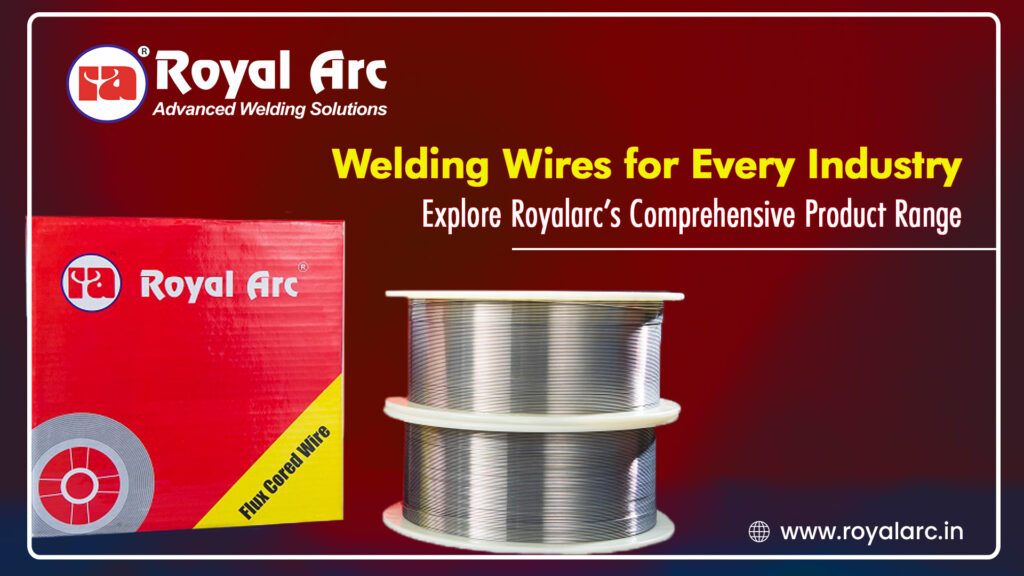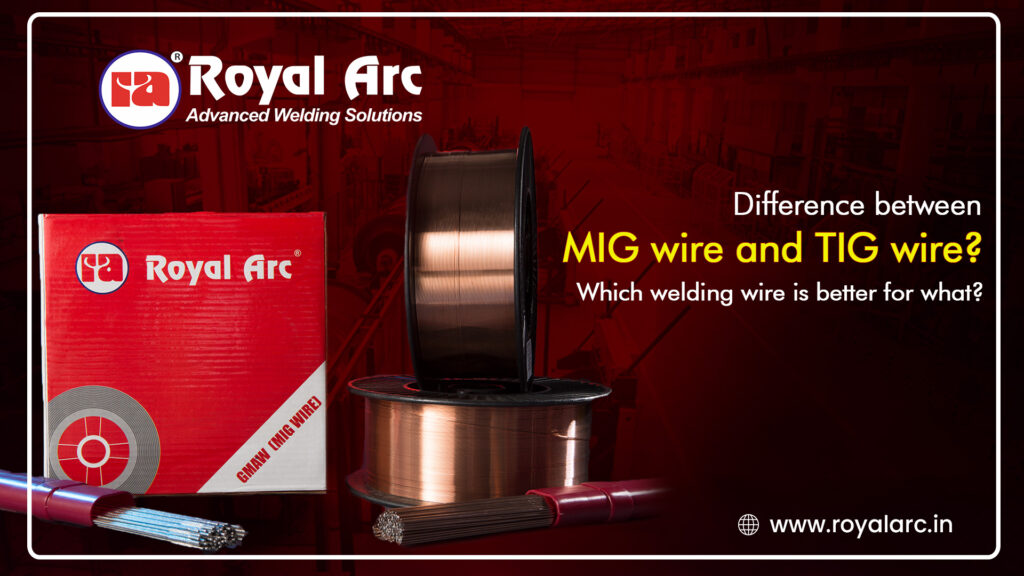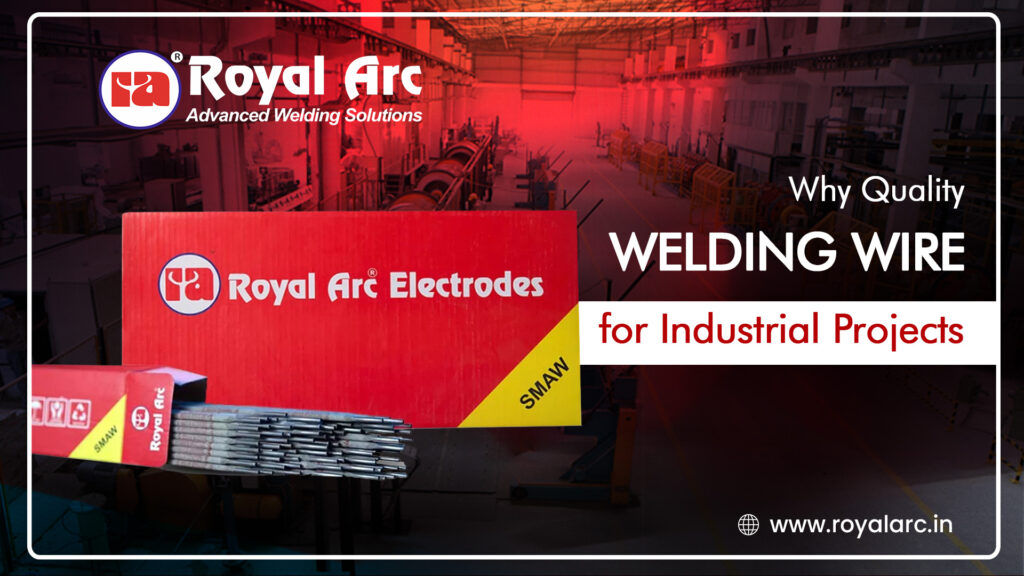Welding electrode manufacturers in Mumbai offer electrodes in various shapes and sizes, each with unique properties and uses. In this blog, we will explore the different types of welding electrodes available on the market and their properties and applications. Whether a beginner or an experienced welder, this guide will teach you everything you need to know about welding electrodes!
What is Welding Electrode?
Welding electrodes is helpful in conducting electricity through a welding machine and also the point of contact with the arc. There are many welding electrodes, each with specific properties and uses. This guide will go over some of the most common types of welding electrodes, their properties and applications.
Stick Electrode
Stick electrodes are perhaps the most common type of electrode, as they are relatively easy to use and can efficiently use on various materials. Stick electrodes come in a wide range of diameters, from thin wires less than 0.045 inches in diameter to thick rods more than 0.25 inches. The most common type of stick electrode is the E-60XX series, which is made of low-carbon steel and is good for welding materials such as mild steel, galvanised steel and some types of stainless steel.
Flux cored
Flux-cored electrodes are similar to stick electrodes in that they are also available in various diameters and can use on various materials. However, flux-cored electrodes have a core of flux material that helps to protect the weld area from contamination. It makes them ideal for use in dirty or rusty environments where other types of welding electrodes would not be able to produce a clean weld.
Metal-cored electrode
Metal-cored electrodes involve a metal core surrounded by a flux material. They are available in various diameters with versatile use of various materials, but they are best suited for welding thin materials such as sheet metal.
Types of metal:
The most common type of welding electrode is the carbon steel electrode. These electrodes comes from low-carbon steel and are suitable for various applications, including general-purpose welding, pipelines, and structural steelwork. Carbon steel electrodes are available in various sizes and can be either coated or uncoated.
Another popular type of welding electrode is the stainless steel electrode. These electrodes are made from high-carbon stainless steel and are ideal for welds that will get exposure to corrosion or high temperatures. Stainless steel electrodes are available in various sizes and can be either coated or uncoated.
The final type of welding electrode we will discuss is the aluminium electrode. These electrodes are made from high-purity aluminium and are perfect for welds requiring high electrical conductivity. Aluminium electrodes are available in various sizes and can be either coated or uncoated.
Shielding gas is used in welding to protect the weld pool from contamination. The three most common shielding gases are argon, helium, and carbon dioxide. Argon is the most popular choice for MIG welding because it provides a stable arc and good weld penetration. Helium is often used for TIG welding because it makes the arc hotter and allows for faster welding speeds. Carbon dioxide is typically used for flux-cored arc welding because it provides deep penetration and a wide bead profile.
The electrode holder, also known as the torch, is a tool that holds the electrode in place while you are welding. Choosing an electrode holder that is comfortable to use and will fit your specific needs is important. Many types of electrode holders are available on the market, so be sure to research before making a purchase.
The ground clamp is another important tool in welding. It helps in attaching the welding cable to the metal you weld. The ground clamp helps to create a good electrical connection between the welder and the metal, which is necessary for a successful weld.
Now that you know about some of the most common types of welding electrodes, their properties and uses, you can start to narrow down which type would be best suited for your specific welding needs. If you have any questions about welding electrodes or would like to learn more about the different types of welders available, contact the welding electrodes manufacturer in Mumbai




